It would be easy to dismiss marital violence in Muslim families. After all, if one chooses a faith that permits beating a "disobedient" woman, you reap what you sow.
But what about that abused woman or child who only embraces Islam out of fear? What if the victim is one of those truly rare examples of a peaceful follower of that faith? Shouldn't we, the Kuffar, attempt to help them and set our own good example of compassion?
From FoxNews.com:
Two months into an arranged marriage, Fozia Sadiq, a young Pakistani immigrant, found herself trapped in the suburbs of Dallas, Texas, with a violent husband.
She says he routinely beat her and intimidated her into never going anywhere in public without him.
"My neck had so many bruises, and I had scratches all over my arms," Sadiq told FOXNews.com through an interpreter.
A practicing Muslim, Sadiq finally escaped in 2006, during the Muslim holy month of Ramadan.
The article goes on further to say:
But advocacy groups say Sadiq's story is not an isolated case.
On New Year's Day, two teenage Egyptian-American sisters, Amina and Sarah Said, were shot dead in Irving, Texas. Police are searching for their father, Yaser Abdel Said, who reportedly was angry with their American-like behavior, which included dating.
According to the girls' great-aunt, their father had been abusing them for years. She says they, along with their mother, fled after he threatened to kill the girls.
The great-aunt called the murders "honor killings" for bringing shame to the family, a charge Islam Said, the girls' brother, denies. Police say they are looking into motives.
Allegations that the girls were killed for dishonoring the family's name has brought greater focus on all forms of abuse in the Muslim-American community in what some say is a bigger problem than is reported because, they say, it is veiled in secrecy.
"I suspect it's happening a lot more than we think," says Hussain, who works with battered Muslim women at the Tahirih Justice Center in Northern Virginia.
"We hear again and again from [abused] women who say, 'I can't tell my parents back home because if they find out, my younger sister can't get married,'" says Meghna Gozwami, client services coordinator for DAYA, a South-Asian immigrant group that provides legal and financial assistance for abused families. The name "DAYA" means "compassion" in Sanskrit.
DAYA, which runs a domestic violence hotline, has seen a dramatic increase in distress calls --almost 20 times more -- in the last five years (from 189 calls in 2003 to 3,308 last year).
I'm sure most shelters would assist anyone in need, regardless of religion. However, Islam presents an additional problem that most womens' shelters are not equipped to address: the added danger Muslim women face by rejecting the Islamic teaching that a woman is the possession of their husbands. In a sense, that would be rejecting Islamic Law.
We know most places of worship will aid an endangered person, but how many Mosques will shelter a Muslimah from an abusive Muslim husband given Muslim men are considered superior to women? How many shelters are setup solely to protect Muslim women or teens? To help them leave violent Muslim men - husbands, fathers, brothers? To protect them if they question their Islamic faith, want to apostatize, or simply desire to study other faiths?
The International Herald Tribune addressed some of these questions and found:
Such shelters are extremely rare nationwide, activists say, because Muslim Americans only recently began confronting the issue of spousal abuse.
Domestic violence among Muslims has long straddled a blurry line between culture and religion, but now scattered organizations founded by Muslim American women are creating a movement to define it as an unacceptable cultural practice. The problem occurs among American Muslims at the same rate as other groups, activists say, but is even more sensitive because raising the issue is considered an attack on the faith.
Some places Muslim women can seek help:






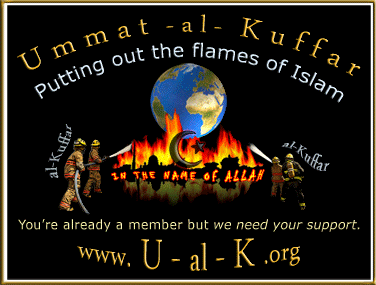
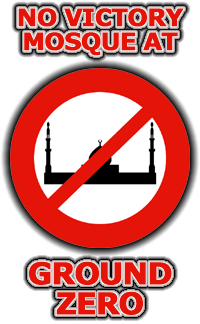
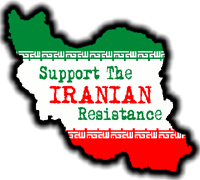
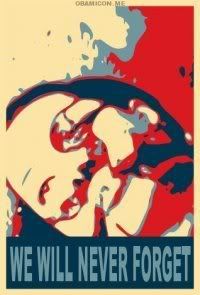
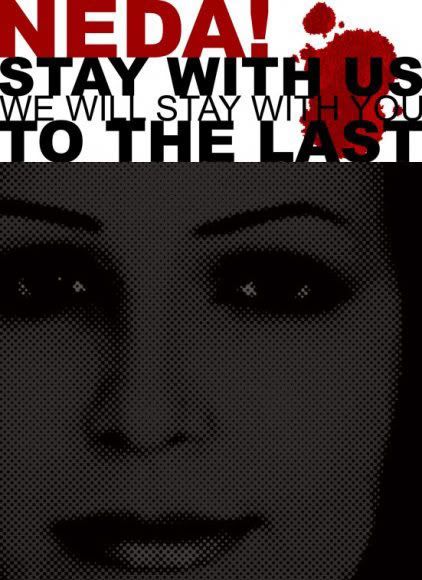

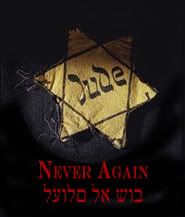




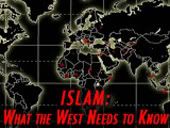







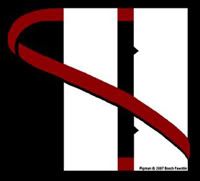

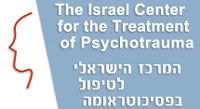


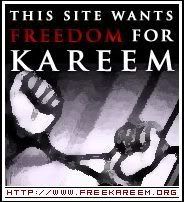
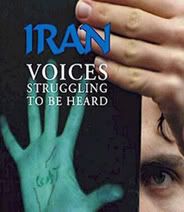
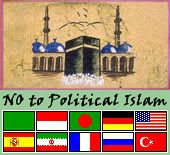

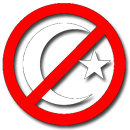



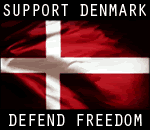
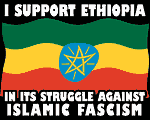



No comments:
Post a Comment